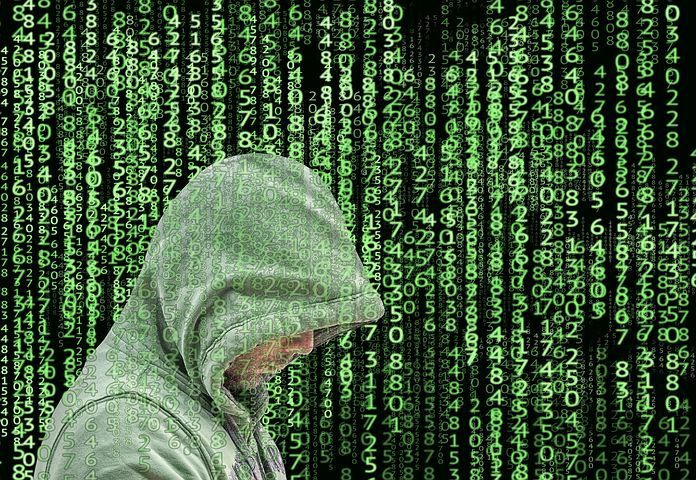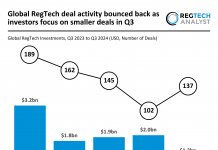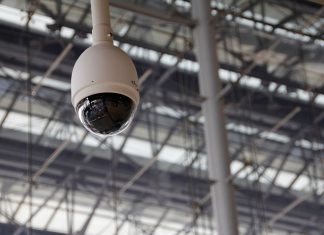The chairman of the US Federal Reserve Jerome Powell has claimed he is more worried about cyber risk than the possibility of another financial crash.
Powell was interviewed by CBS News and claimed a “cyber event could have a big part to play in the financial system coming to halt.” However, he said the risk of a 2008-style financial collapse is “very, very low.”
Due to this threat, Powell remarked the US central bank is monitoring cyber risk very carefully and investing considerably into major breach prevention.
He said the bank would define a cyber risk as a large payment utility breaking down – something the bank itself saw similarly happen in February this year when its payments system Fedwire experienced a shutdown. The system, which processes more than $3trn every day and is relied on by many major US banks, remained disrupted for more than three hours.
Powell told CBS, “There are scenarios in which a large payment utility, for example, breaks down and the payment system can’t work. Payments can’t be completed. And so, we spend so much time and energy and money guarding against these things. There are cyber-attacks every day on all major institutions now. That’s a big part of the threat picture in today’s world.”
The Fed chair noted he doesn’t acknowledge the February affair as a cyber-related event out of its control and was merely a temporary ‘operational error’.
In June 2020, a report by the Federal Reserve Bank of New York modelled how a cyber-attack may be intensified through the US financial system by focusing on the wholesale payments network.
The report concluded the impairment of any of the five most active US banks would result in a ‘significant spill over’ to other banks, with 38% of the network affected on average.
Copyright © 2021 RegTech Analyst
Copyright © 2018 RegTech Analyst






